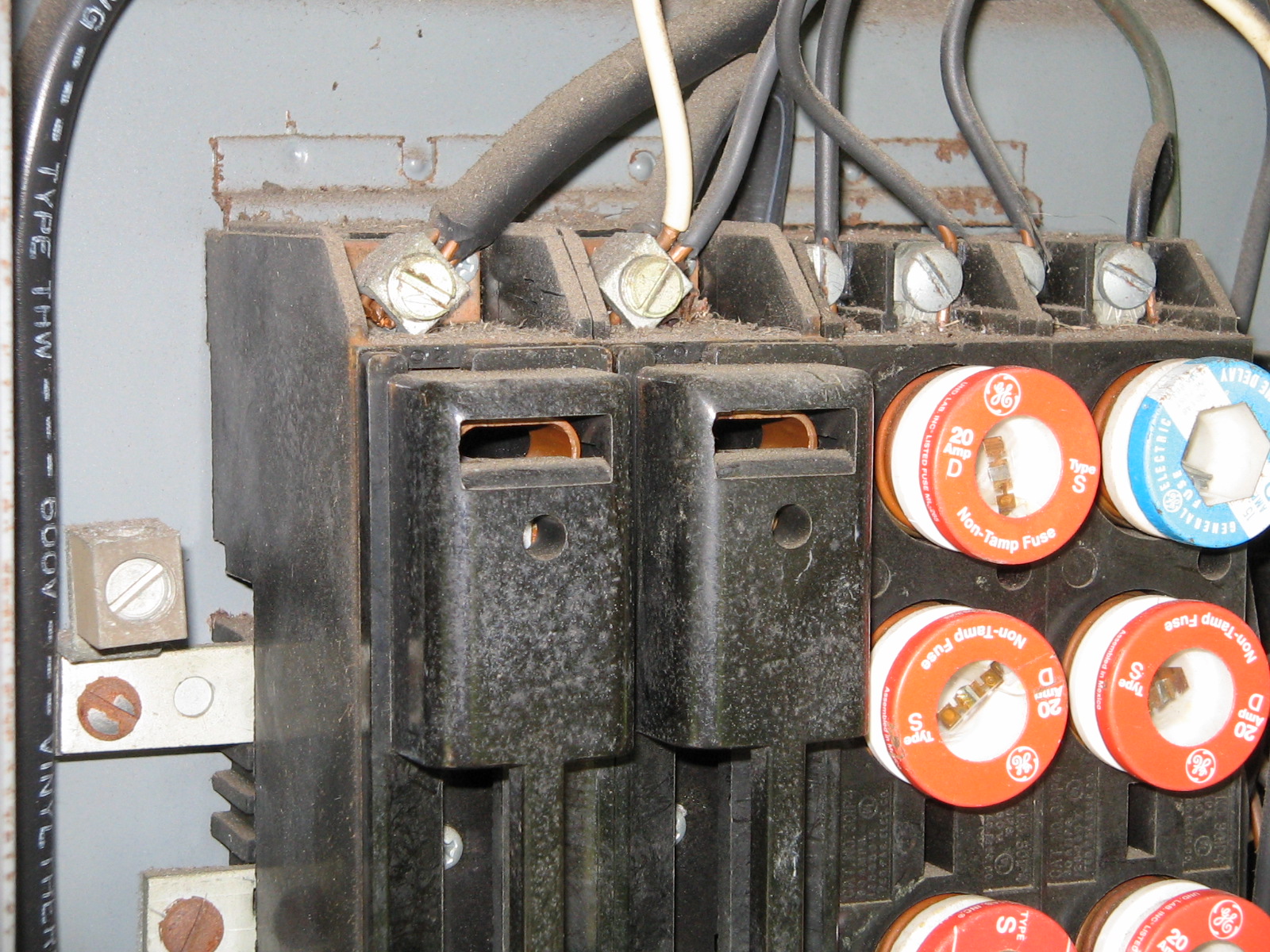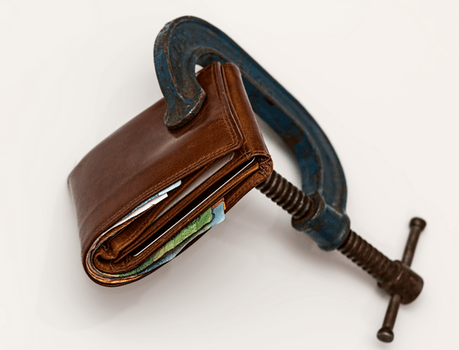What homeowners should know

Fuse panels are relatively common in homes built prior to the 1970’s. They were considered to be state of the art technology for their time, helping to protect the electrical circuits in a home from overheating and causing damage. However, they are now thought of as antiquated technology, and have been replaced by the more convenient circuit breakers, with newer safety devices such as GFCI and AFCI breakers supplying added protection to our electric panels.
Unfortunately, if an older home’s electrical system has not been upgraded, fuse panels will still be present. This fact can cause some problems for someone buying an older home. The first thing to realize is that fuses are technology that are at least 50 years old, and have been enduring the stress of carrying current for many years. It is prudent to consider replacing and upgrading any portions of the electrical system that have attained this advanced age.
The most important thing to consider with a house that has fuse panels is that you will probably encounter some issues when shopping for home owner’s insurance. Most insurance companies will charge you more money to insure a home that has a fuse panel instead of an updated breaker panel. The insurance company knows that a fuse panel house has a higher chance of experiencing a fire than a breaker panel house, and they charge more money to make up for the higher risk that is involved when insuring these properties.

If your home has fuses, the best plan of action is to contact a qualified, licensed electrician to give you an estimate on upgrading the electrical panels. Once this has been done, consult with your insurance company to find out if this upgrade will result in a lower insurance premium. You may be able to save some money while providing better protection for your home and family.
